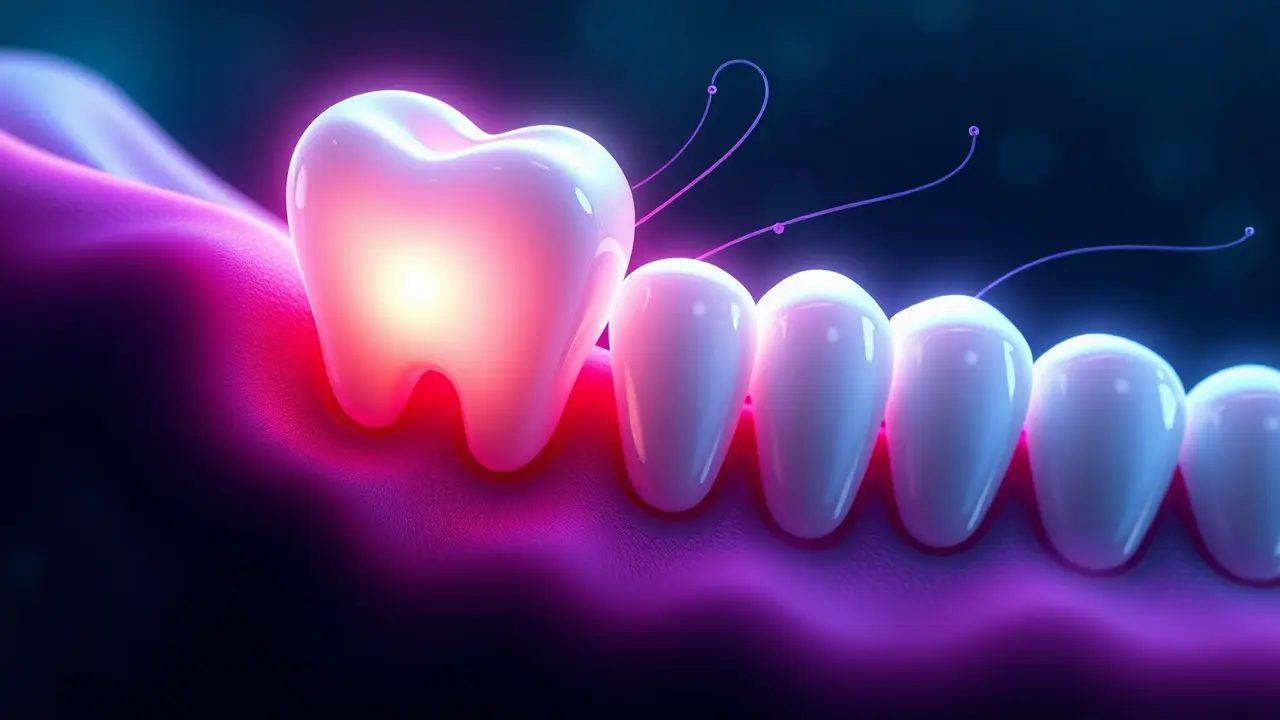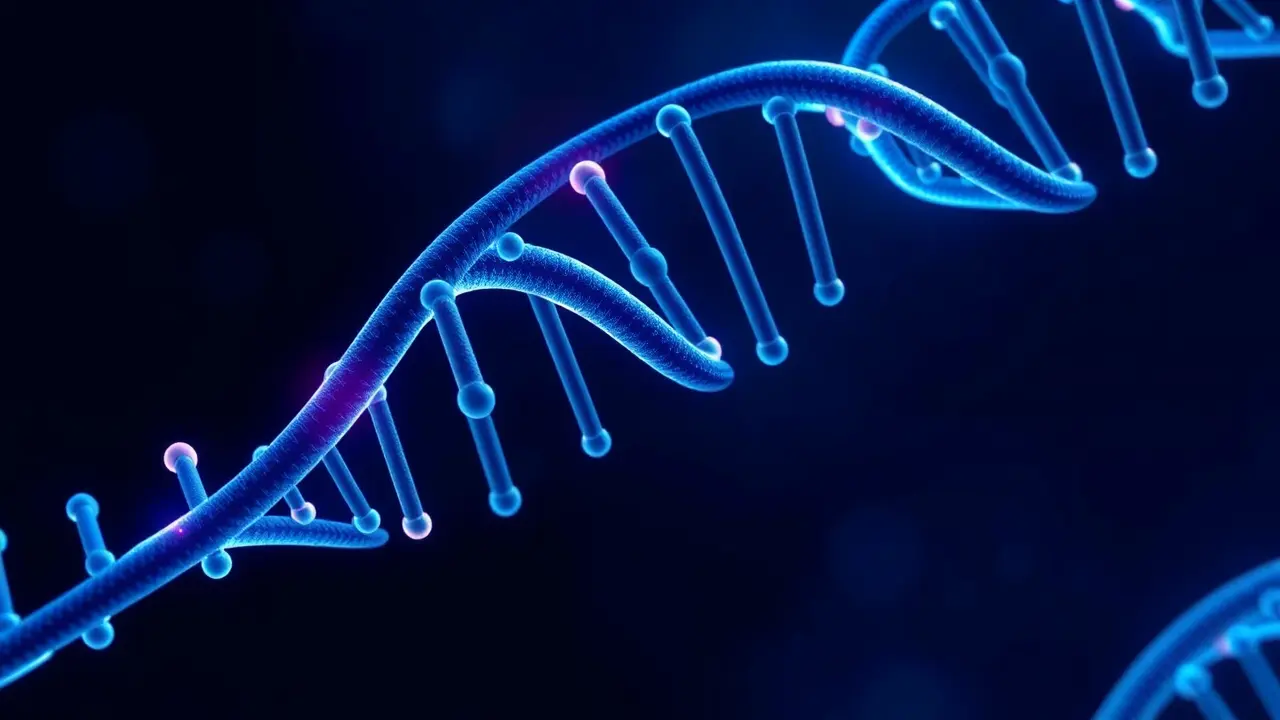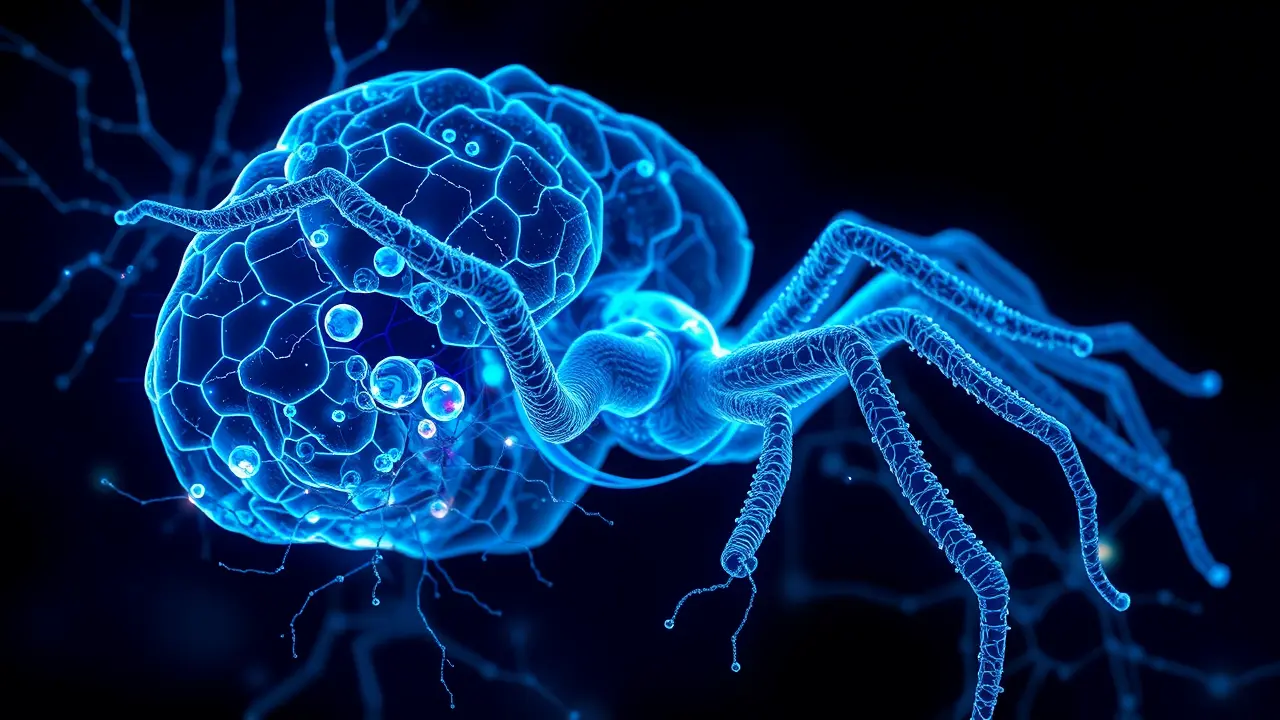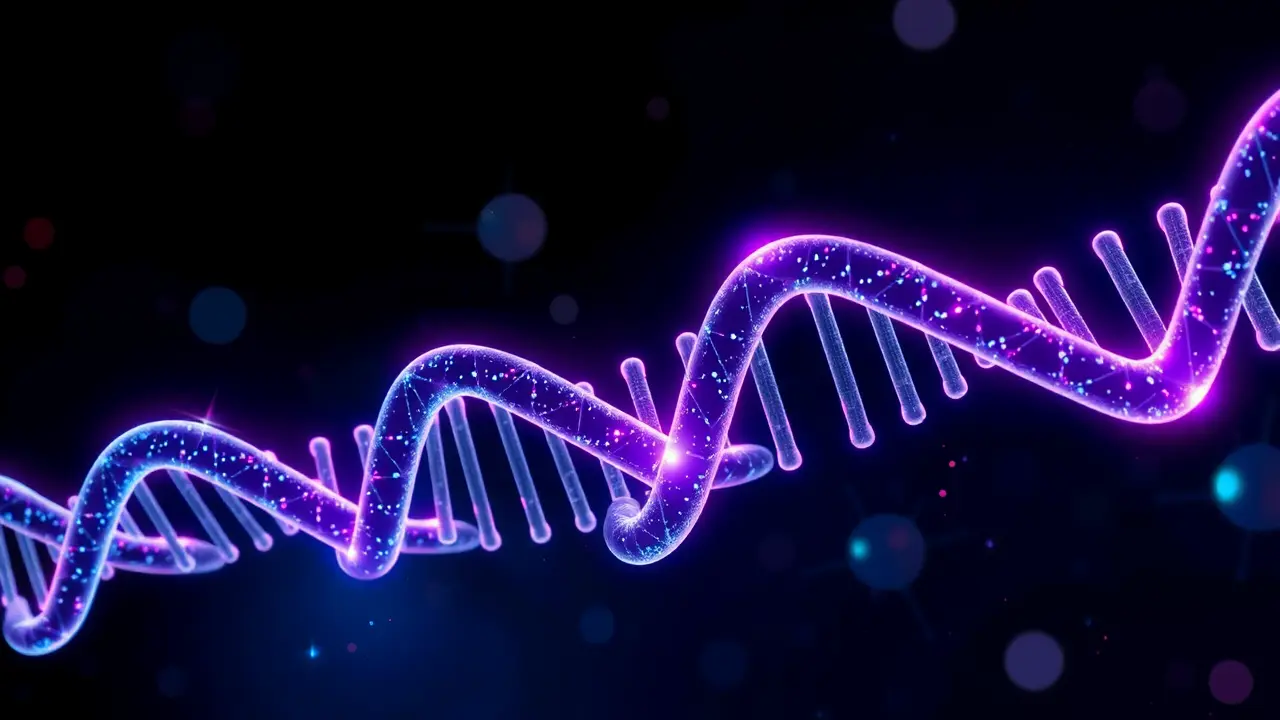
SciencemedicineRegenerative Medicine
Goodbye cavities? This new toothpaste made from hair can heal enamel
KE
Kevin White
5 hours ago7 min read
The future of preventive dentistry is being quietly rewritten not in a sterile laboratory, but from a source as mundane as the hair on your head. A groundbreaking discovery has positioned keratin, the foundational structural protein that comprises our hair, skin, and nails, as a potent new agent capable of not just halting dental decay but actively healing tooth enamel.This isn't merely an incremental improvement over fluoride, the long-standing gold standard in oral care; it represents a paradigm shift, moving from passive protection to active regeneration. The science behind this innovation is as elegant as it is effective.Researchers have developed a method to process keratin into a bioactive material that, when applied to the tooth's surface, initiates a process of biomimetic mineralization. Think of it as providing a scaffold and the precise molecular instructions for the tooth to rebuild itself.This keratin-based layer seamlessly integrates with the existing enamel structure, filling in the microscopic erosions and fissures that are the precursors to cavities, effectively reversing early-stage decay and restoring the enamel's original mechanical strength and hardness. The implications for this are staggering, potentially rendering the dental drill obsolete for a significant portion of routine fillings.What makes this breakthrough particularly compelling from a biotech perspective is its sourcing. By utilizing keratin derived from sustainable sources, primarily hair clippings that are a ubiquitous byproduct of the global hair care industry, the technology transforms a waste stream into a high-value medical resource.This circular economy approach not only enhances the sustainability profile of the product but also promises to make it scalable and cost-effective. Imagine a world where the very substance we routinely discard becomes the key to a cavity-free population.The delivery mechanism is envisioned to be as straightforward as a toothpaste or a professionally applied gel, seamlessly integrating into existing oral hygiene routines. Looking forward, the ramifications extend far beyond the bathroom sink.This represents a significant leap in the field of regenerative biomaterials. If we can successfully instruct enamel to regenerate, what about dentin or even bone? The same principles of using native proteins to guide tissue repair could open up new frontiers in treating a range of degenerative conditions. The global oral care market, long dominated by chemical approaches, is now on the cusp of a biological revolution, one that promises to turn our bodies' own building blocks into its most powerful defenders.
#featured
#keratin
#toothpaste
#enamel repair
#dental health
#regenerative medicine
#sustainable materials
Stay Informed. Act Smarter.
Get weekly highlights, major headlines, and expert insights — then put your knowledge to work in our live prediction markets.
Related News
© 2025 Outpoll Service LTD. All rights reserved.








